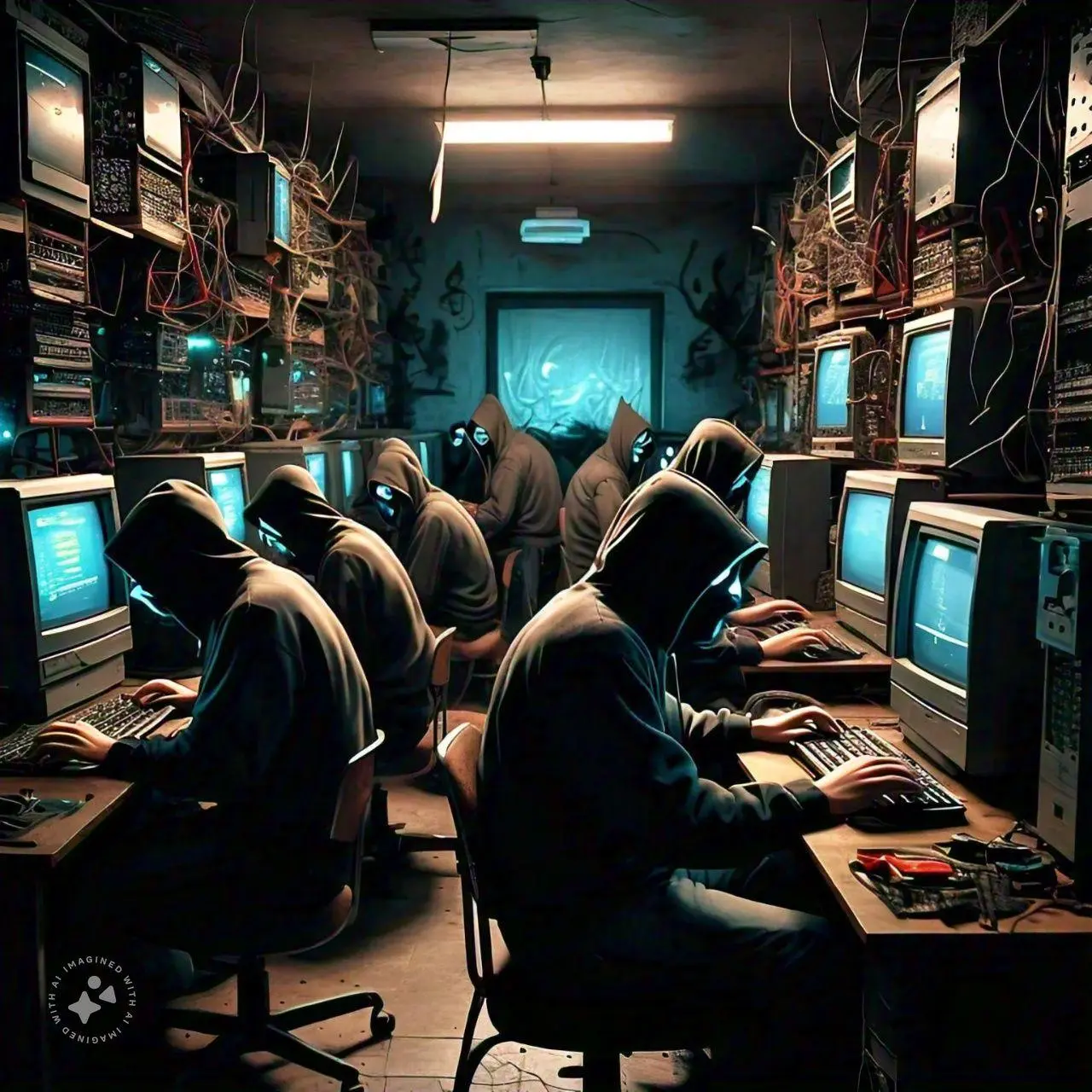The U.S experiences around 2,200 cyberattacks per day, which could mean more than 800,000 people are hacked annually. Read More
According to Cybersecurity Ventures, the global annual cost of cybercrime is predicted to reach $9.5 trillion USD in 2024 and reaching $10.5 trillion by 2025. Read More
The global Internet of Things (IoT) device market size was valued at $77.8 billion in 2021, and is projected to reach $413.7 billion by 2031, growing at a CAGR of 18.6% from 2022 to 2031. Read More
he global internet of medical things (IoMT) market size was USD 47.32 billion in 2023. The market is projected to grow from USD 60.03 billion in 2024 to USD 814.28 billion by 2032 at a CAGR of 38.5% during the forecast period. Read More

Data breaches are rising due to the rapid growth of digital data, expanding attack surfaces from cloud and IoT adoption, and increasingly sophisticated tactics by cybercriminals who exploit weak security protocols. With the high profitability of ransomware and a reliance on vulnerable third-party vendors, organizations face heightened risks. Limited regulation and economic or political motivations further drive these attacks, making data protection more challenging than ever.
Becoming a cybersecurity professional can open doors to a rewarding career with high demand, growth potential, and meaningful work protecting data and organizations. Let me guide you on the path to a career you’ll love and help you build the skills you need to succeed in cybersecurity!
The Education and Research sector is now the most targeted industry, facing an average of 3,828 weekly attacks per organization. The Government/Military and Healthcare sectors follow closely, with 2,553 and 2,434 weekly attacks, respectively. Read More
Cybercrime is highly lucrative, now a trillion-dollar industry and the top threat to the global economy, with no signs of slowing down in the world of hackers, malware, and data brokers.

Organized Cybercriminal
Organized cybercriminals are highly structured groups or networks specializing in cybercrimes, often driven by financial gain or strategic advantage. These groups operate much like traditional criminal organizations, employing specialized roles (e.g., hackers, programmers, money launderers) and sophisticated tools like ransomware, phishing schemes, and advanced malware. They often target sectors with valuable data, such as finance, healthcare, and government, and use encrypted communication channels to evade law enforcement. Their activities can have widespread impacts, from massive data breaches to financial loss, making them a serious threat to global cybersecurity.

Nation-State-Sponsored Actor
A nation-state-sponsored actor is a cyber group funded by a government to conduct cyber operations, often for political or economic gain. Equipped with advanced tools and resources, these actors target critical infrastructure, steal sensitive data, and conduct espionage, posing serious risks to national security and stability.

Insider Threats
Insider threats are security risks originating from within an organization, typically from employees, contractors, or trusted individuals with access to sensitive data and systems. These threats can be intentional—such as data theft or sabotage—or unintentional, like accidental data leaks or poor security practices. Insider threats are challenging to detect because they involve authorized users, making them a significant risk to organizational security and data integrity.

Hacker
Hackers are individuals skilled in computer systems and networks who use their expertise to find and exploit vulnerabilities. While some hackers, known as "white hats," work ethically to strengthen security, others, called "black hats," engage in illegal activities for personal gain or disruption. "Gray hats" fall in between, sometimes breaking rules but with no malicious intent. Hackers can impact security positively or negatively, depending on their motives and methods.
Cybersecurity analysts are essential for organizations because they protect sensitive data, defend against cyberattacks, and ensure regulatory compliance. By monitoring systems, identifying vulnerabilities, and responding to incidents, they help prevent costly data breaches, minimize downtime, and maintain customer trust. Their work not only safeguards an organization’s assets but also strengthens its reputation and resilience against evolving cyber threats, making cybersecurity analysts crucial to overall business continuity and success.
For students and professionals: book a consultation now to get top-notch advice for starting or advancing your career in cybersecurity! Let’s build a path to success together.